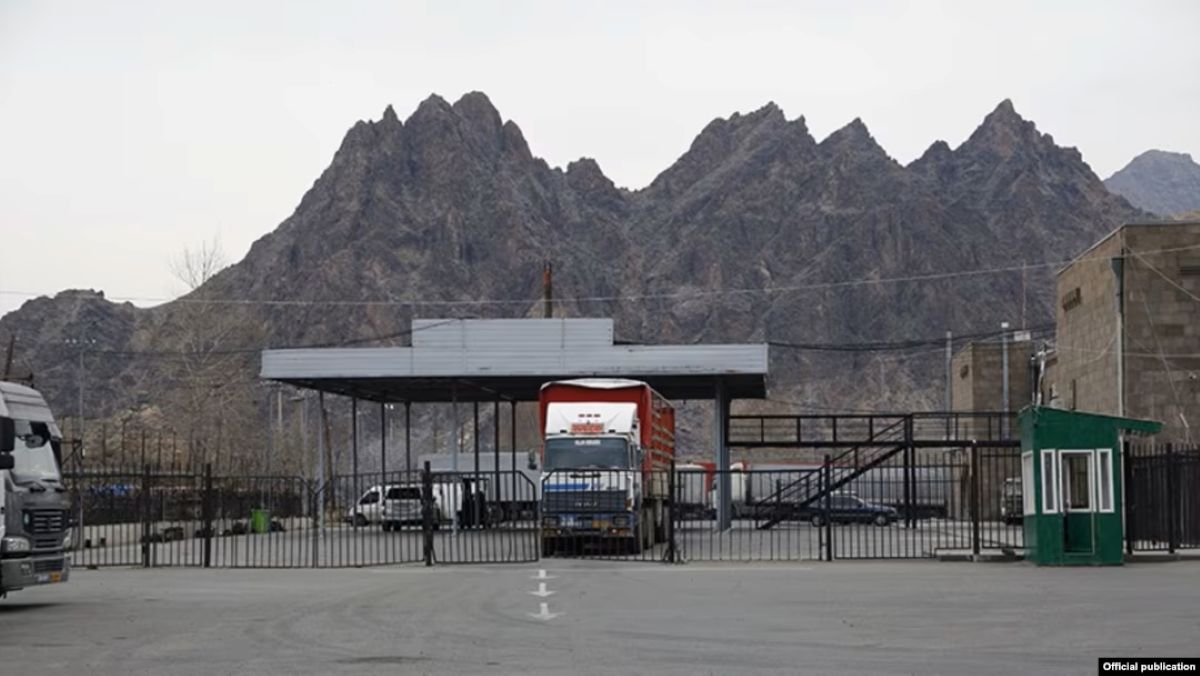New Covid-19 measures in Armenia - now with personal data protection
Covid-19 regulations in Armenia
New coronavirus induced restrictions came into force in Armenia. From now on, it will be possible to enter restaurants, gyms, libraries, museums and theaters, and participate in any entertainment events only by presenting a QR code confirming vaccination or a negative PCR test.
At the same time, information security experts have warned that when scanning codes, personal data of people is displayed, which is not necessary to combat coronavirus. On January 26, the Ministry of Health urgently closed access to some of the information.
At the same time, the number of infected people is growing again in the country, and doctors explain it by the spread of the Omicron strain. However, low mortality rates are observed, and this is attributed to the fact that the percentage of vaccinated people has increased dramatically in Armenia.
- Forcing people to fund their own Covid testing is unconstitutional, Armenia’s Constitutional Court rules
- Unexpected benefits of COVID-19: how some Armenian businesses benefit from pandemic
- All about getting vaccinated. Vlog from Armenia
“In the coming days, the number of infected will continue to grow”
The number of infections has already risen sharply over the past week, but Health Minister Anahit Avanesyan said the numbers will continue to rise in the coming days.
Over the past day, 1,931 new cases of coronavirus infection have been registered in Armenia, almost 600 more than the day before. One patient is reported to have died. In recent days, despite the increase in the number of infections, the death rate has dropped significantly – down to zero. The Ministry of Health explains this with the right tactics to combat the spread of the virus and the successful pace of vaccination.
According to the latest data published on the website of the Ministry of Health, as of January 23, 999,891 people received the first dose of the vaccine, 819,841 received the second dose, and 5,650 received a booster. The message does not indicate the percentage of citizens who have already been vaccinated.
Prime Minister Nikol Pashinyan has also received both doses of the vaccine. On January 26, it was reported that he had contracted the coronavirus, but was suffering from the disease without symptoms and would continue to perform his duties remotely.
“Unvaccinated are not allowed in”
Since January 22, new restrictions were introduced in Armenia to prevent the spread of coronavirus. The entrance of unvaccinated citizens to public places, concert halls, hotels is limited. At the entrance, it will be necessary to present a QR code about vaccination or a negative test result, carried out no earlier than 72 hours prior.
The restrictions do not apply to those under the age of 18 who present a certificate of contraindication to vaccination, pregnant women and those who have already recovered from coronavirus.
The vaccination QR code is available to all vaccinated people through the mobile application of the Armed electronic system.
Before January 25, when scanning the code, not only information about the receipt of the vaccine and the tests performed had been displayed, but also other personal data. Information security experts warned that this could lead to the leakage of personal data that has nothing to do with medical care.
In particular, media expert Samvel Martirosyan, on his Facebook page, expressed the opinion that this situation with checking codes will in no way affect the reduction in the spread of coronavirus, but will negatively affect the atmosphere in society. He stressed that measures must be taken to prevent the leakage of people’s personal data.
“If my QR code is scanned in every cafe, they will be able to see my first name, middle name, last name, date of birth and passport number. […] Who decided that my passport number is public information?”, Martirosyan wrote.
He ironically suggested adding other data as well – home address, phone numbers and social cards. As a result, the Ministry of Health listened to the opinions of experts.
It was urgently decided to remove some of the displayed data. Now the date of birth and the number of the identity document are not fully displayed when scanning the code.



















